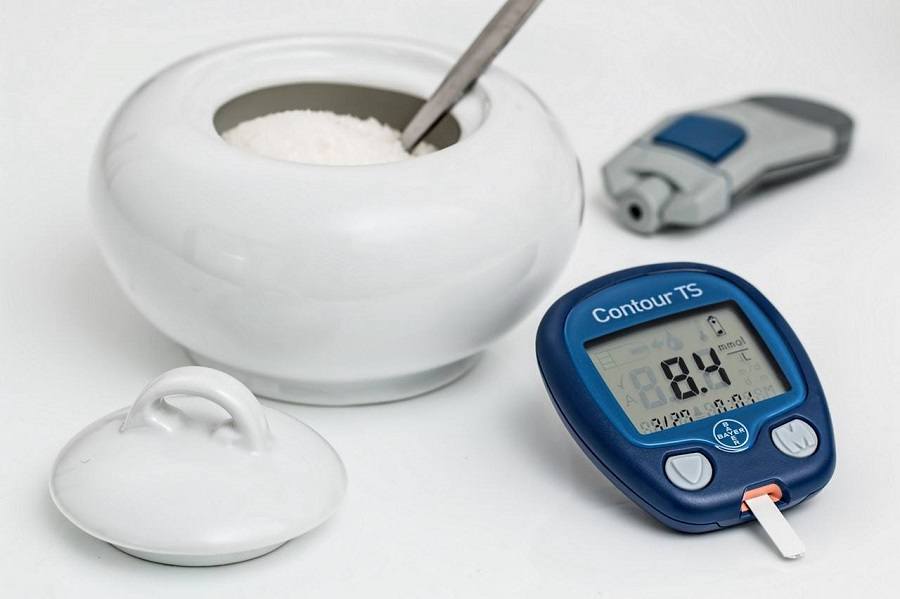Living with a chronic condition is no easy feat. However, living independently with health issues can be infinitely more difficult. In fact, this is one of the greatest fears that those with illnesses like MS or heart disease face. Those routine day to day affairs that we all take for granted are often more than someone with a chronic illness can handle, so how do they cope?
In fact, it is especially difficult for those who have always lived a relatively healthy lifestyle but have recently been given a diagnosis that will affect the rest of their lives. They are told they have a chronic condition.
If you, or a loved one, suffers from any chronic condition or illness whatsoever, the following tips could help you overcome those challenges you will probably face day after day.

Know Your Limitations
One of the biggest mistakes so many people suffering from a chronic condition make is to try to do more than they are able to. Whether it’s pride or simply a reluctance to accept the fact that they need assistance, they simply refuse to ask for help when help is needed.
A prime example of this is someone suffering from heart disease who refuses to get someone to shovel the sidewalk and driveway after a heavy snow. They know that this amount of exertion is not good for their hearts, yet they insist on doing it as they always have.
Keep the Lines of Communication Open
While you may be living independently without a caregiver or family member in the home, that doesn’t mean that you shouldn’t be in constant communication with someone, perhaps on a daily basis. Is there a friend or a family member who you could call if the need should arise?
What about a home health service that makes the rounds weekly or daily? There is no shame in admitting that you need help with certain tasks and even less shame when getting medical assistance if the warning signs for your condition should become evident.
Sounding the Alarm
What would happen if you suddenly felt faint or had trouble walking or standing? What if you felt like your heart was going a million miles an hour and the pain in your chest began increasing? In moments like these, there is no time to call on a friend, family member or your home health nurse.
You’d need some sort of panic button you could push that would take care of all the necessary communications for you. Medical alert systems like this one from Bay Alarm only require you to push a button and they make all the emergency calls on your behalf. At that point, all you need to do is try to stay calm knowing that help will be there quickly.
Help with Daily Tasks
As mentioned above, so many people have a hard time asking for help with daily tasks. They want to be independent and for any number of reasons, are reluctant to ask for help. What you should know is that help is out there if you know where to look. The first place to start is with your primary health provider.
They can often refer you to home health care that will come in daily to help you sort your medications and do some routine household chores like making your bed and getting out for groceries.
The point in all this is that living independently doesn’t mean you need to try to do everything yourself. You will still maintain your independence as you won’t be living in a care facility. Yes, it will be challenging but with the right resources like a home health aide and that medical alert system, you can feel confident that you are independent but never alone.









































